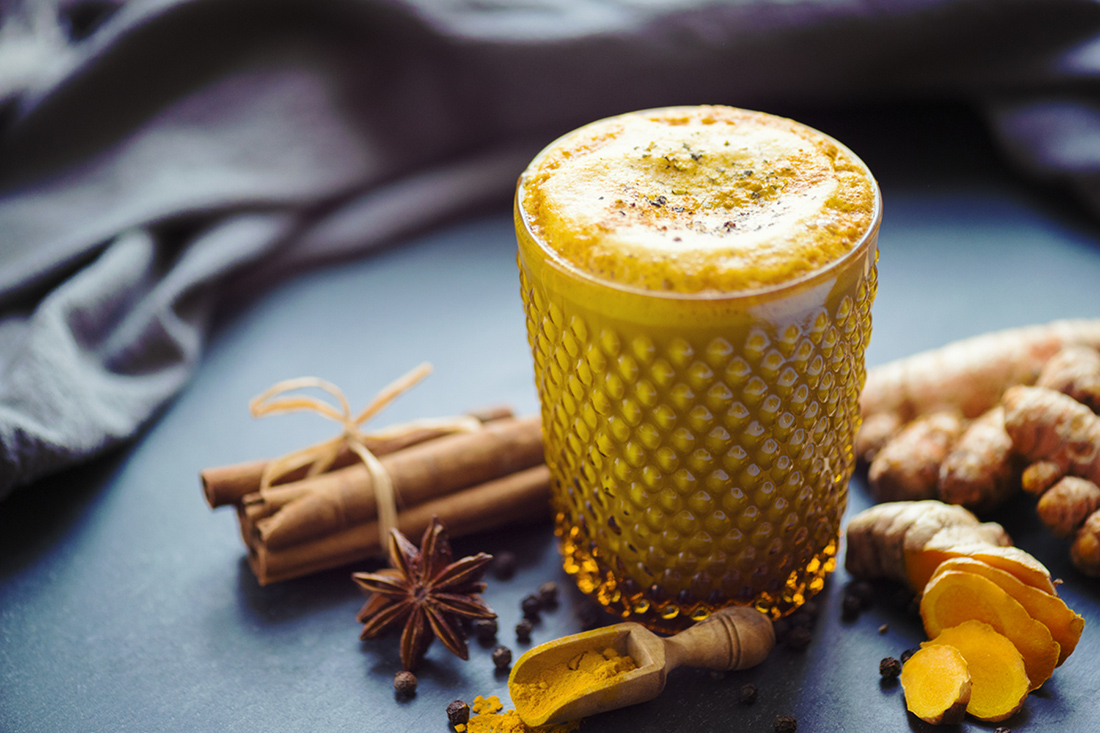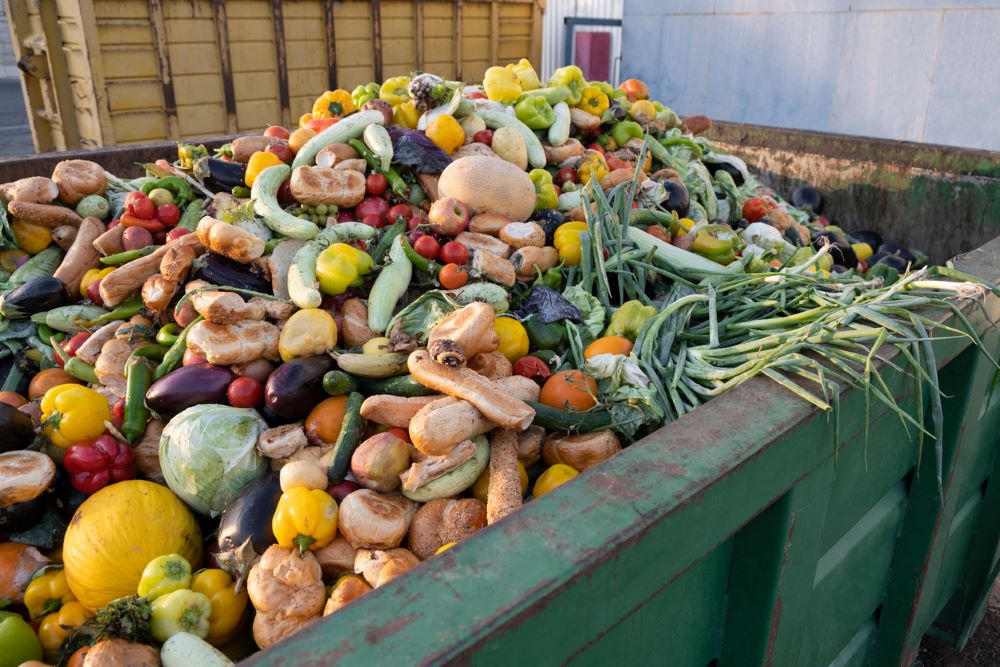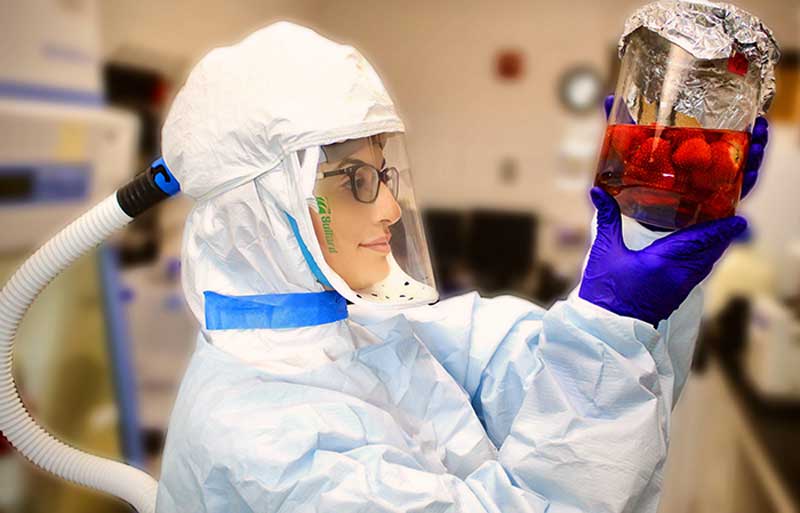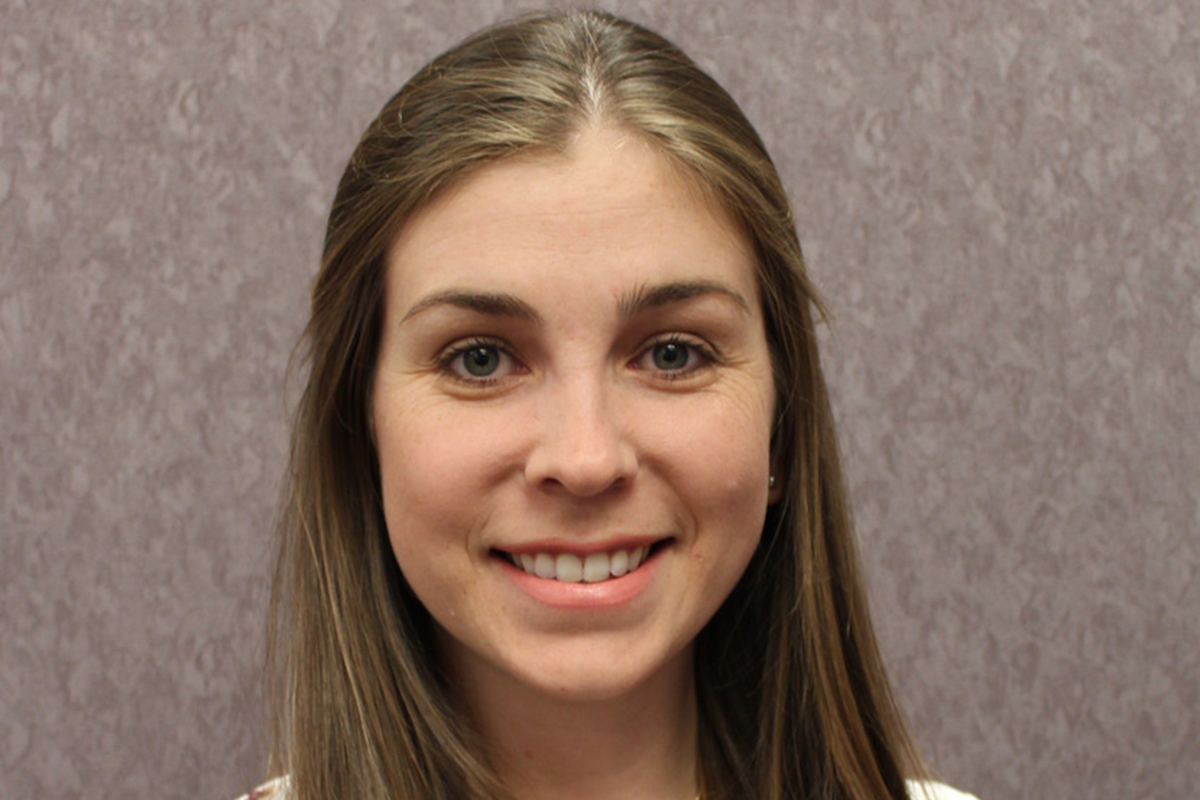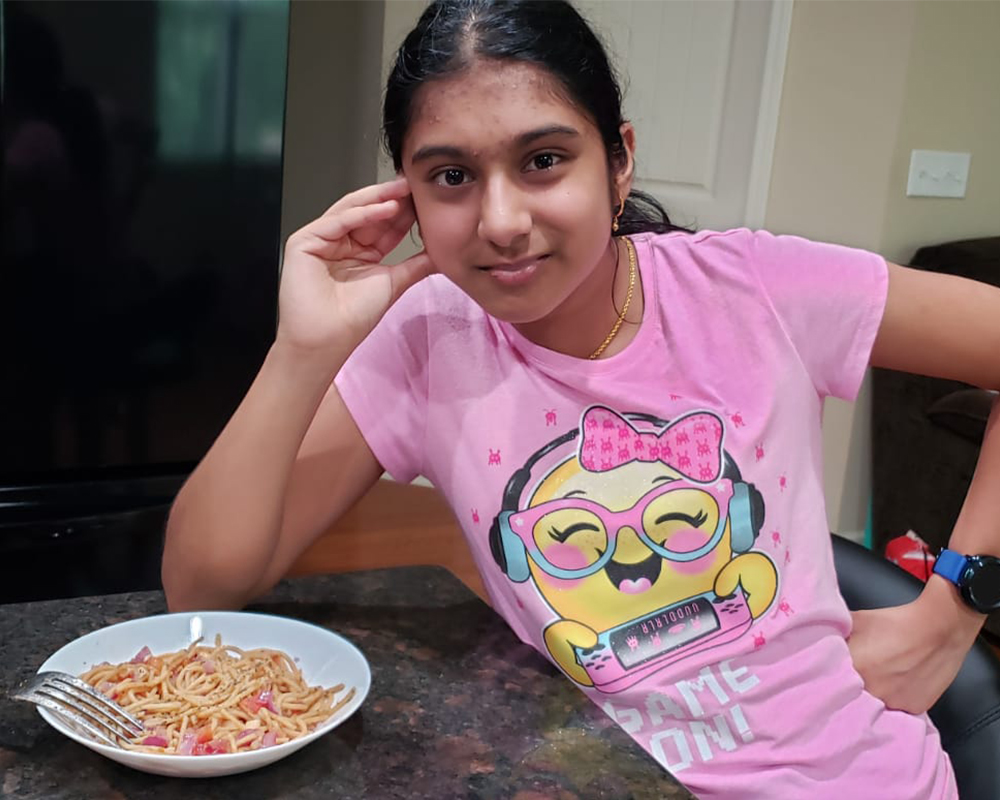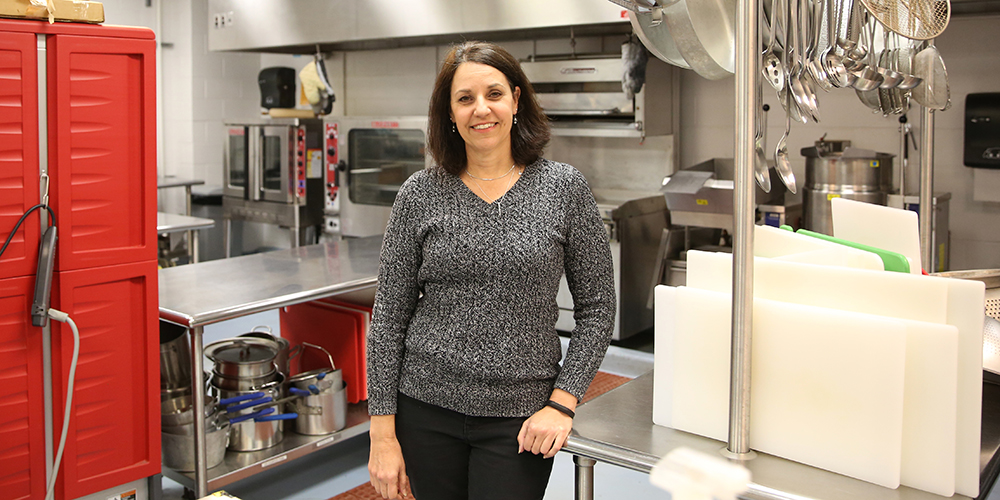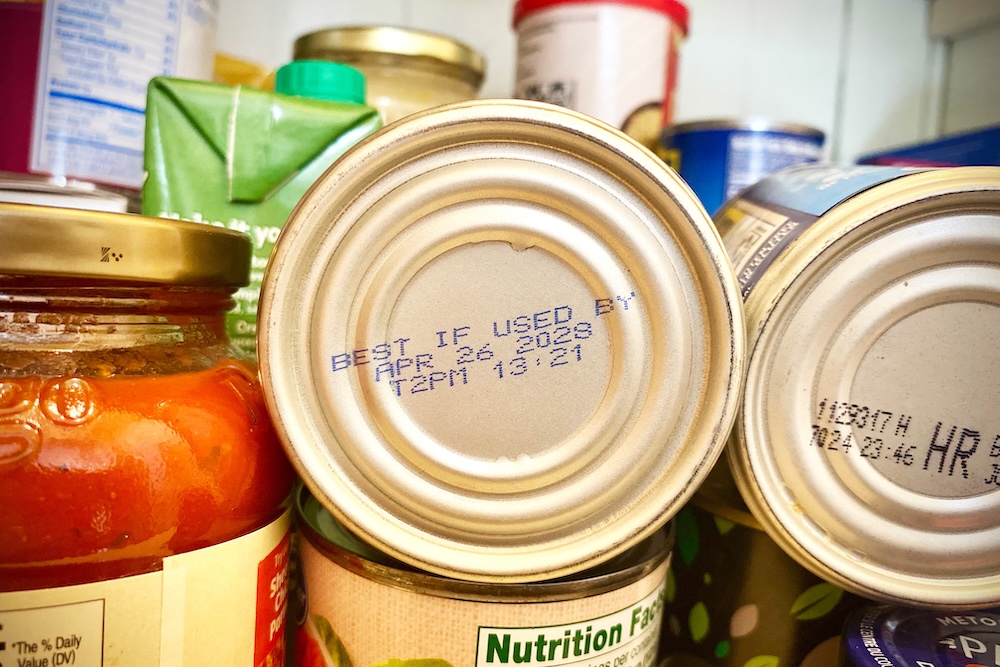 CAES News
CAES News
Expiration Dates
Checking expiration dates is second nature for many consumers, a routine part of deciding what’s safe to eat. But those dates often indicate peak quality rather than actual safety, leading people to throw away perfectly good food out of caution — wasting both meals and money in the process. Between 30% and 40% of the food supply in the United States is wasted, according to the United States Department of Agriculture. A portion of that stems from consumer misunderstanding of food labels, said Carla Schwan, a food safety specialist with University of Georgia Cooperative Extension.



